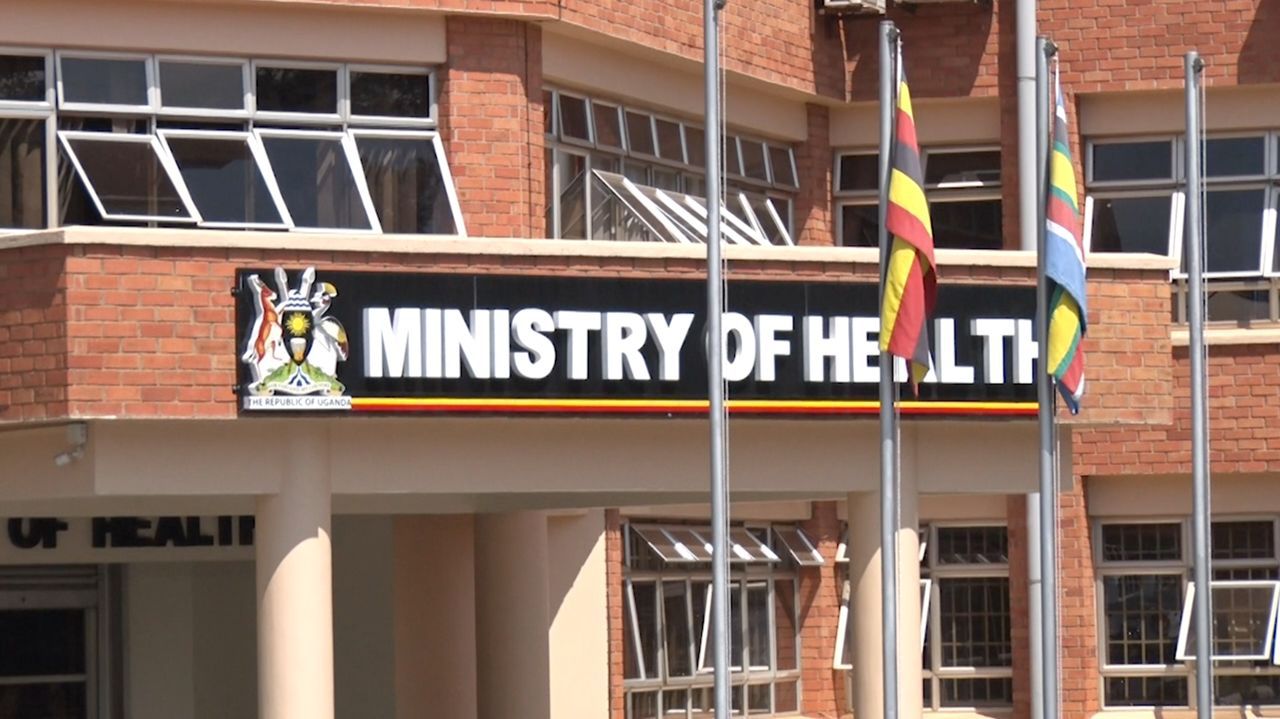Democrats won several key races Tuesday, but appeared short of a sweeping "blue wave" midterm election victory that many had predicted would bring a rebuke to the presidency of Donald Trump.
The Democrats' chances of retaking the Senate from Republicans appeared nearly impossible after suffering key losses in Indiana and Tennessee, two states that Trump won easily in 2016.
Keep Reading
However, West Virginia Democrat Sen. Joe Manchin kept his seat and defeated Republican Patrick Morrisey, the state’s attorney general. Manchin, who voted with Republicans to confirm Brett Kavanaugh to the Supreme Court, slammed Morrisey’s work as a lobbyist for pharmaceutical companies saying he profited off the state’s opioid crisis.
With polls closed in much of the country, the control of the House of Representatives appeared to be shifting from the Republicans to the Democrats.
Democrats picked up their first big win of the night in the Virginia suburbs of Washington, D.C., where Jennifer Wexton, a prosecutor and state senator, defeated the Republican incumbent, Representative Barbara Comstock.
Comstock had been expected to lose, but her defeat may be indicative of wider Democratic success, especially in the suburbs, where polls show women strongly favoring Democratic candidates.
With the Comstock result and another Democratic pickup in Florida, Democrats now need to pick up 21 more seats to retake the House of Representatives. Democrat Donna Shalala, a former U.S. secretary of Health and Human Services, defeated Republican Maria Elvira Salazar for a seat being vacated by veteran Republican Rep. Ileana Ros-Lehtinen of Florida.
A record 237 women are running in House and 23 in Senate races across the country, including 185 Democrats and 52 Republicans.
Their wins are likely to boost the percentage of women in Congress beyond 20 percent for the first time. Many stepped up as candidates across the country in the past two years, energized by reports of Donald Trump’s behavior toward women, the rise of the #MeToo movement that has publicized the pervasiveness of sexual assault, and Republican policy platforms on issues including the right to abortion.
Referendum on Trump
Public opinion polls suggest opposition Democrats will retake the House but will be unable to seize the Senate from Republicans in a congressional and gubernatorial election that evolved into a referendum on President Trump's first two years in office.
Democrats need to retake only two seats to gain the Senate, but the odds of doing so are slim since they are defending many more seats than Republicans.
Democrats' Senate chances were dealt a major blow in Indiana, where incumbent Democratic Senator Joe Donnelly lost to Republican Mike Braun. In Tennessee, Democrat Phil Bredesen, the state's ex-governor, lost to Republican Marsha Blackburn, who will become Tennessee's first female senator.
But Democrats appeared close to pulling off a major Senate upset in Texas, one of the closest watched races in the country. Beto O'Rourke, who just months ago was a relatively unknown congressman, narrowly lost to Republican Senator Ted Cruz.
High Voter Turnout
Voter turnout appeared to be very high, despite bad weather in virtually the entire Eastern United States. Polling stations across the country saw long lines, and in some cases there were problems with voting machines, in part because of wet conditions.
Main issues for voters are health care, immigration and the economy, according to polls. However, Trump, who has barnstormed across the country spurring fear of a cavalcade of Central American immigrants moving north toward the U.S.-Mexico border, was also on the minds of most voters, according to exit polling.
"Of course it's motivation. I mean, I only became a citizen last year," said Kevin Ombija, a first-time voter originally from Kenya who now lives in Washington, D.C. "Issues of immigrants are very dear to me. ... I definitely want to vote everything against (Trump)."
In Orange County, California, William Moody cast his vote for Republicans, even while offering qualified support for Trump.
"I defend his belief that the border has to be protected, (but) maybe not as severe as he would do it," Moody said. "The president is his own worst enemy with some of his remarks. If he'd tone it down and just do his job quietly, it'd help us all."
Immigration focus
Midterm elections are traditionally seen as a referendum on a sitting president, but this election seems especially so -- in part because Trump has held an unusually large number of rallies in support of Republicans and urged supporters to treat the election as a confirmation of his policies.
At those rallies, Trump has consistently stoked fear of immigrants, insisting his political opponents support things like "open borders" and crime. The strategy could backfire, however, if preliminary results from exit polls are accurate.
Trump conceded in an interview on Monday that he could have taken a softer tone in his rhetoric, but denied any suggestion that his stump speeches had fostered racism in the country.
About half of voters say Trump's immigration policies are too tough, while around a third think they're just right, according to a CNN national exit poll.
The CNN poll suggested 55 percent of voters disapprove of Trump's performance, while 44 percent approve of it. Moreover, 56 percent of those surveyed believe the country is on the wrong track and only 41 percent said it was on the right track.
Power balance
If Democrats do win enough House seats to reclaim the majority, Trump would be forced to deal with a shift in the balance of power in Washington.
"The House has been a rubber stamp for the Trump agenda. It will no longer be a rubber stamp," said Jim Kessler of the centrist Democratic group Third Way. "Anything that gets done will have to be a bipartisan basis."
Democrats are hoping for a wave election that would bring them control of the House and gubernatorial victories in key states such as Florida, Ohio and Wisconsin.
Voters are also deciding governor races in 36 states, as well as local positions.













